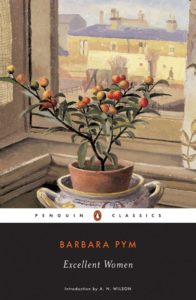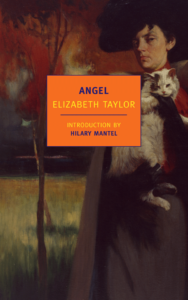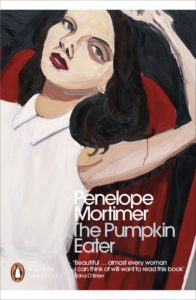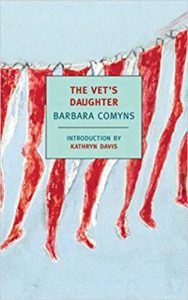5 Mid-Century Commonwealth Writers You Should Read
From Barbara Pym to Barbara Comyns Patrick DeWitt Picks His Favorites
It is a fine thing to discover a new author to admire. It’s finer still to discover an entire group of them—a proper rabbit hole to disappear down for a year or more. My current rabbit hole is peopled with mid-century women writers from the Commonwealth. The books listed below are individually unique but share certain characteristics: subtlety, modesty, economy, a great wit, high intelligence, and exemplary craftsmanship. This rabbit hole began with Ivy Compton Burnett, whose dynamic, brutally funny dialogue represents a very high bar. I wanted more fiction in my life that gave me the same feeling I had when reading Burnett. Results listed below.

Barbara Pym, Excellent Women
Pym is an author I’d been meaning to get to for some years. I have a list in my mind of people who I believe are “for” me, which, as often as not, does not land how I’d hoped. Perhaps I waited too long to get to the author, perhaps not long enough. Or, perhaps I’d been misinformed. I’m happy to report that Pym delivered beautifully, thoroughly, and right on time. I’m still working through her body of work but started with Excellent Women. The novel tells of Mildred Lathbury, the daughter of a clergyman, a not-particularly young woman living alone, a fact which Lathbury at times laments, at other times celebrates. Her doings are unremarkable—a minor crush on the vicar, her interest in and involvement with her worldly new neighbors—but Pym brings Lathbury into sharp focus and we come away with a great sympathy and affection for her. Are you interested, as I am, in the complicated emotional dynamics of a small town church jumble sale? It’s Barbara Pym to the rescue.

Elizabeth Taylor, Angel
People speak of likable protagonists. I propose they buck up and read Angel. The popular and utterly talentless novelist Angelica Deverell is vain, vicious, delusional, and a pure joy to spend time with. The book describes Angelica’s humble beginnings living above her mother’s shop, her self-styled transformation to queen of trashy literature, and finally, her social, financial, and emotional decline. Taylor’s prose is polished and elegant and wants to be read at a gallop; I found it necessary to return and reread certain pages, paragraphs, sentences. Has there ever been such fine writing about bad art?

Penelope Mortimer, The Pumpkin Eater
The Pumpkin Eater is about a woman who is married to a playwright and who cannot, it seems, cease procreating, much to the chagrin of everyone else in her life. Mortimer herself was married to playwright John Mortimer and had six children, and so the story feels imprinted with earned truths. It’s a strange and fascinating book that was made into a strange and fascinating film starring Anne Bancroft, with a screenplay by Harold Pinter.

Barbara Comyns, The Vet’s Daughter
The Vet’s a brute; his daughter’s not. And she can levitate. His attempt to monetize this leads to one of the gorier endings I’ve come across. In the meantime we have what is essentially a kitchen sink drama: think low lighting, churlish dialogue, and an abundance of domestic misery. I particularly admire the way Comyns handles the supernatural aspects of the story: the levitation is shuffled into the narrative with zero fanfare; it simply is, and reads as both believable and terrifying.




















